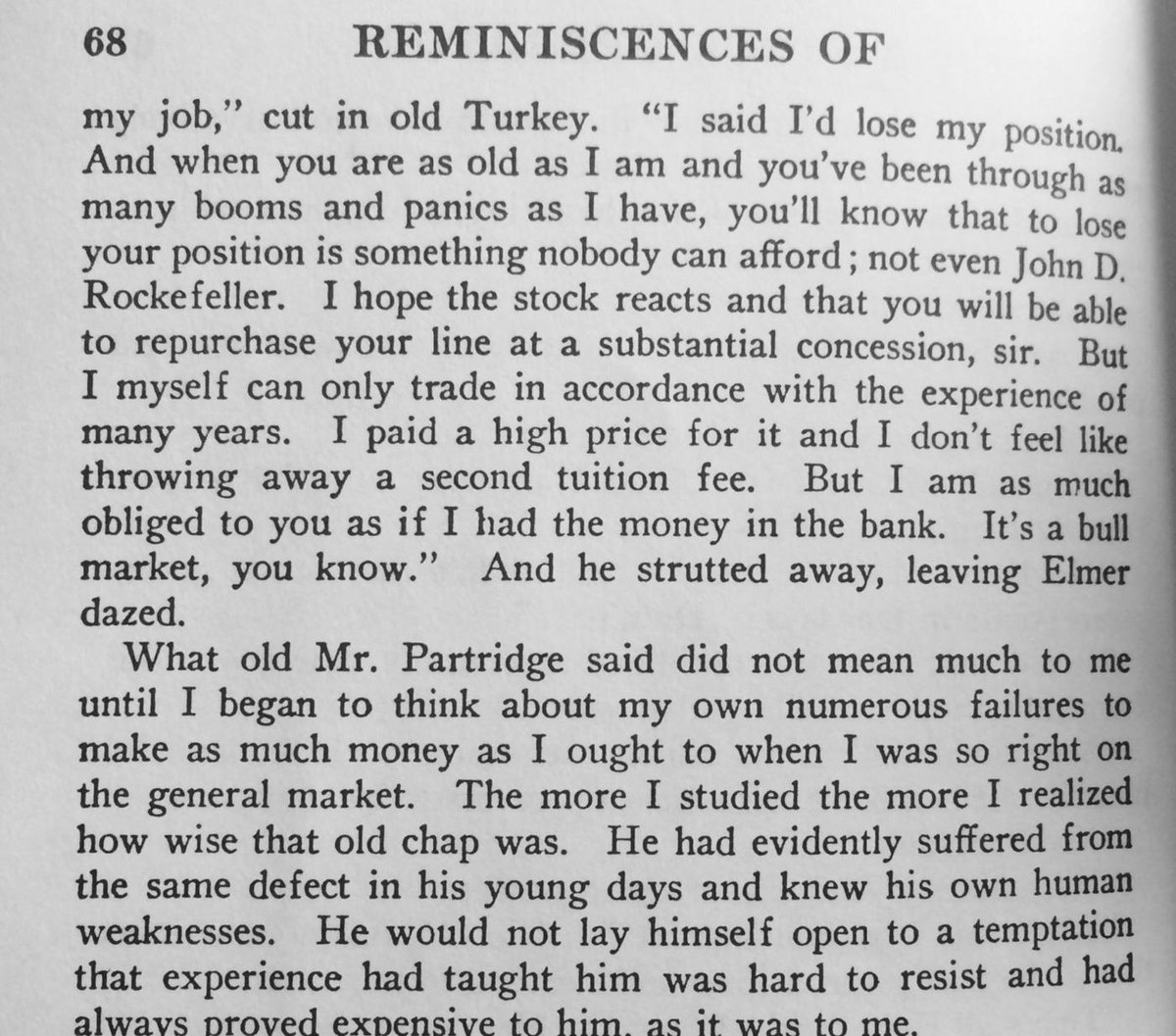 Trading is an evolutionary process. Nobody can wake up being a Master Trader. Unfortunately there is no book or magic trick that can turn you into the highly profitable trader. Although the belief and the hope to obtain those skills instantly is still in place.
Trading is an evolutionary process. Nobody can wake up being a Master Trader. Unfortunately there is no book or magic trick that can turn you into the highly profitable trader. Although the belief and the hope to obtain those skills instantly is still in place.
The statistics say that only the ones with the self-dedication and discipline succeed in this business.
The most common mistakes leading to losses:
-Trading against the market;
-No trade potential;
-No serious buyers or sellers in the stock;
-Wide stop-loss;
-Fear of loss.
Traders should stay calm during the trading, this helps to observe and analyze the situation on the market much better, see some small details and make a competent decision.
Panic, stress or fear, always lead to mistakes.
One of the serious problems in trading is rush and mania to be present on the market all the times, opening positions when there is no potential for a trade or where the market is either flat or going the other direction.
Tips to resolve the mistakes:
1. Always look at the market. If there is no clear picture of the market’s behavior, don’t risk your money.
2. Always look at a trade potential. If you look at the daily charts and see that the daily bars are just 20 cents long, then look for other stocks, where the potential is at least 40 cents.
3. Always look either at the Open Book or Market Maker window and Tape. If you don’t see any order flow on the Tape or the order sizes are small (less than a 1000 shares), then don’t enter the trade.
4. Always know where you are going to place you stop-loss order. If it is more than 10 cents away from your entry point, don’t enter the trade.
5. If you’re just not sure, or if the situation is uncertain, don’t enter the trade.
Following these tips requires some work and changes to our habits. It is not easy at all! We always hear sayings that the trader should be disciplined. What it actually means is changing your old habits and training yourself to have new ones. It is not comfortable, but it brings positive results, which will be noticeable on your month-end P/L report.

 The World’s Worst Teacher
The World’s Worst Teacher “Risk is the possibility of loss. That is, if we own some stock, and there is a possibility of a price decline, we are at risk. The stock is not the risk, nor is the loss the risk. The possibility of loss is the risk. As long as we own the stock, we are at risk. The only way to control the risk is to buy or sell stock. In the matter of owning stocks, and aiming for profit, risk is fundamentally unavoidable and the best we can do is to manage the risk. To manage is to direct and control. Risk management is to direct and control the possibility of loss. The activities of a risk manager are to measure risk and to increase and decrease risk by buying and selling stock.”
“Risk is the possibility of loss. That is, if we own some stock, and there is a possibility of a price decline, we are at risk. The stock is not the risk, nor is the loss the risk. The possibility of loss is the risk. As long as we own the stock, we are at risk. The only way to control the risk is to buy or sell stock. In the matter of owning stocks, and aiming for profit, risk is fundamentally unavoidable and the best we can do is to manage the risk. To manage is to direct and control. Risk management is to direct and control the possibility of loss. The activities of a risk manager are to measure risk and to increase and decrease risk by buying and selling stock.” Here is what traders choose to worry about (among others I am sure). These so-called worries are usually in the form of a question and revolve around losing money:
Here is what traders choose to worry about (among others I am sure). These so-called worries are usually in the form of a question and revolve around losing money:
